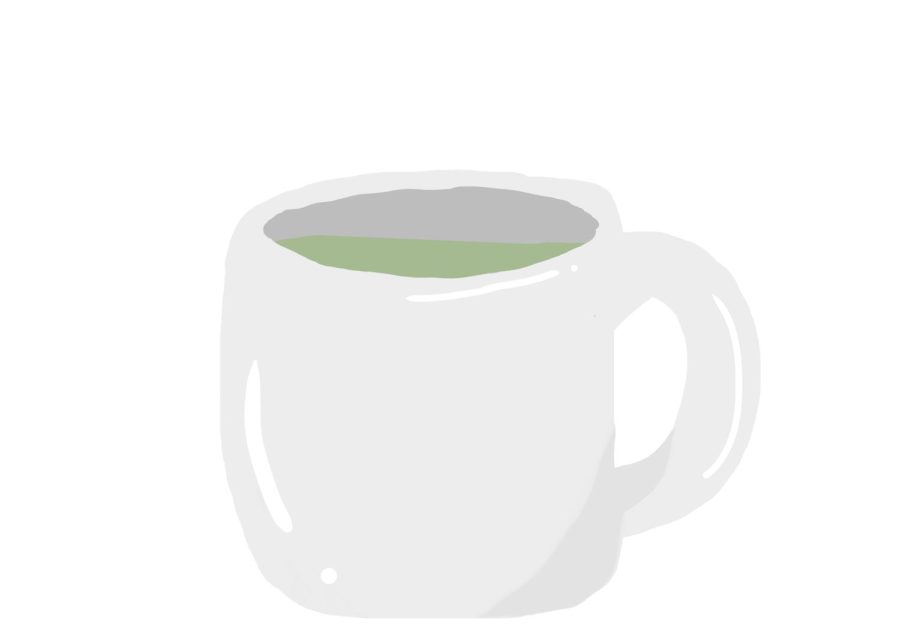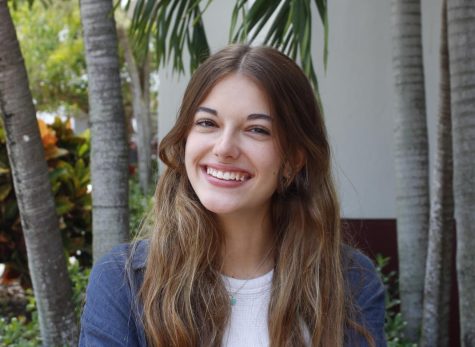MSD students follow global trend of rising caffeine intake
In a survey of 423 MSD students, 51% of MSD students consume coffee as one of their main sources of caffeine.
February 13, 2023
Caffeine is a heavily consumed substance that is easily accessible. It can be found in popular beverages like coffee, but is naturally occurring in more than 60 plants such as tea leaves, cacao pods and kola nuts which are found in soft drinks and sodas. Synthesized caffeine has also been fabricated to be an energy additive to many common goods like medicines, gums and foods.
The rise in caffeine consumption can be directly influenced by a constant change in social trends. The popularity of lattes, cappuccinos, frappes and shops like Starbucks and Dunkin’ Donuts all have led to increased caffeine consumption in a multitude of forms.
This story was originally published in the February 2023 Eagle Eye print edition.














